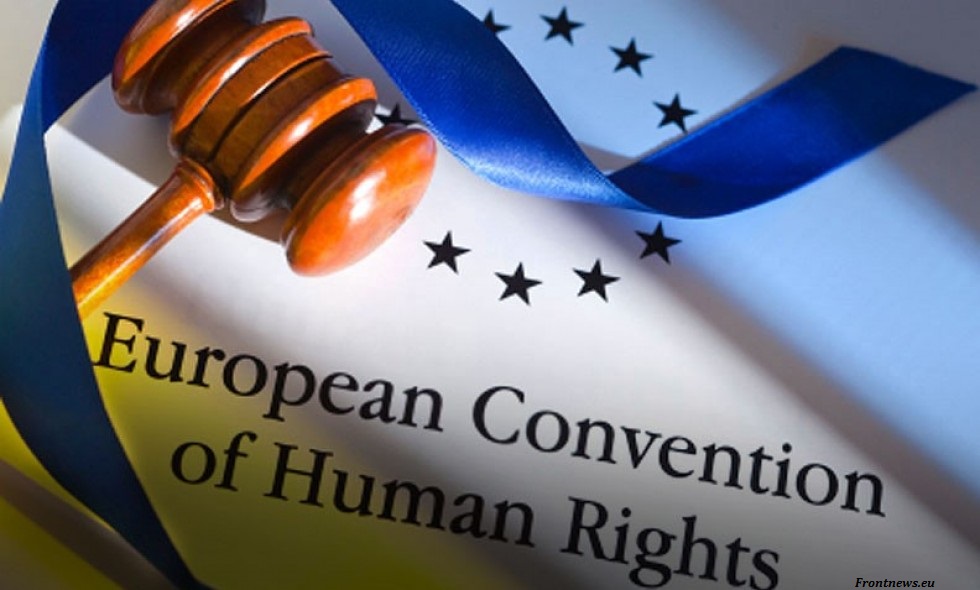On 13 October 2022, the European Court of Human Rights (ECtHR) ruled on the case T.Z. and Others v. Poland (application no. 41764/17). The applicants were a Russian family of Chechen origin, whose examination of their requests for international protection was refused numerous times by the Polish authorities, were denied entry to Poland and were returned to Belarus.
Concerning the admissibility of the application, the Court examined the effectiveness of the remedy offered by the Polish Government and found that the sole fact that the appeal against the decision on refusal of entry did not have a suspensive effect (and could have not prevented the applicants from being returned to Belarus) was sufficient to establish that this did not constitute an effective remedy within the meaning of the Convention.
Regarding Article 3 of the Convention, the Court referred to its judgment in M.K. and Others v. Poland (applications nos. 40503/17, 42902/17 and 43643/17) to reinstate that the Polish State was under an obligation to ensure the applicants’ safety, specifically by allowing them to remain within Polish jurisdiction and by guaranteeing safeguards against them having to return to their country of origin until such time as their claims had been properly reviewed by a competent domestic authority. Moreover, it held that pending an application for international protection, a State could not deny access to its territory to a person presenting themselves at a border checkpoint who alleged that they might be subjected to ill-treatment if they remained on the territory of the neighbouring State, unless adequate measures were taken to eliminate such a risk.
In light of this, the Court found that, in the case at hand, no proceedings had been initiated to review the applicants’ asylum requests and that the applicants did not have effective guarantees to be protected from exposure to a real risk of being subjected to inhuman or degrading treatment, as well as torture. Additionally, the Court noted the situation in Belarus and declared that the failure to allow the applicants to remain in Poland pending the examination of their application exposed them to a serious risk of chain refoulement and treatment prohibited by Article 3 of the Convention.
The Court also found that there had been a violation of Article 4 of Protocol No. 4 to the Convention and of Article 13 of the Convention in conjunction with Article 3 of the Convention and Article 4 of Protocol No. 4 regarding their expulsion to Belarus without their asylum requests being examined, in accordance with the well-established case-law of the Court.

